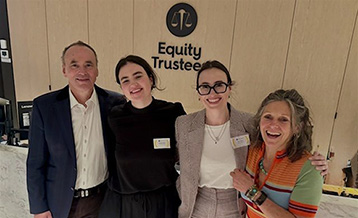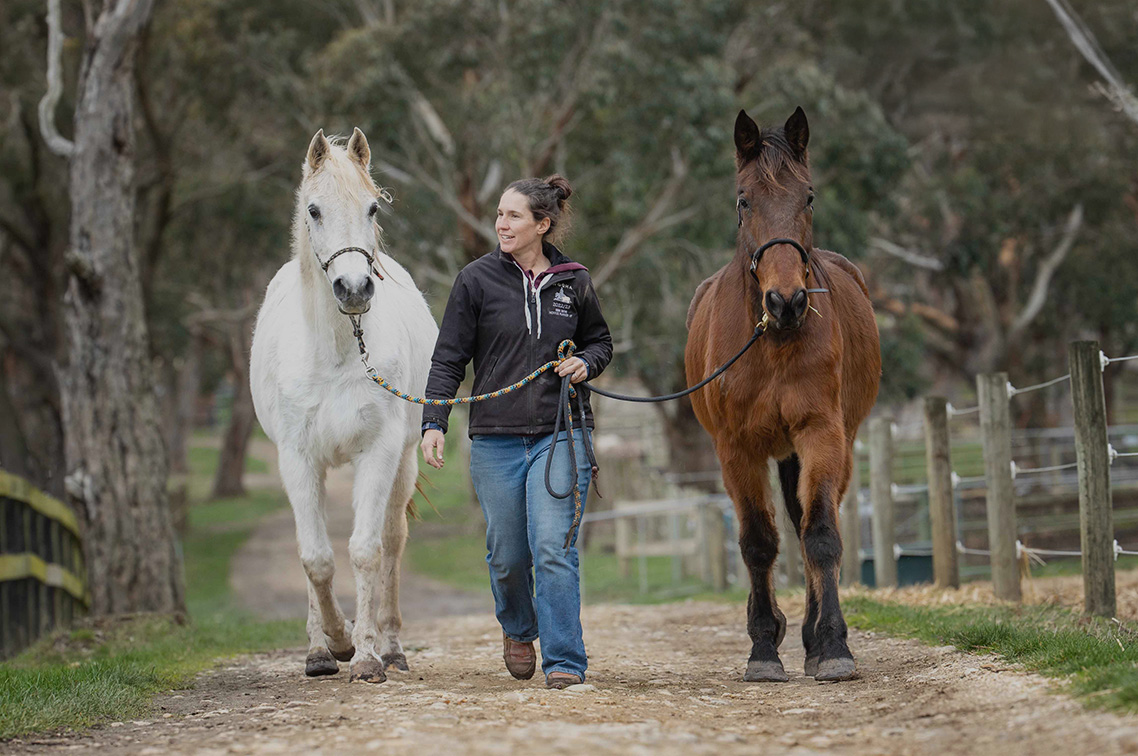- Our services
- News and insights
- About us Skip sub menu itemsEquity Trustees was established as an independent Trustee and Executor company for more than 145 years and has become one of Australia’s largest specialist trustee companies.
- Private
- Estates
- Trustee Services
- Philanthropy
- Wealth Management
- Superannuation Members
- Corporate
- Fund Services
- Institutional Funds
- Managed Fund
- Custody and Real Assets Services
- Note Trustee
- Debt and Securitisation Services
- Superannuation Trustee Services
- Asset Management
- Business Partners
- Community
- Grant Funding
- Not for profit investments










